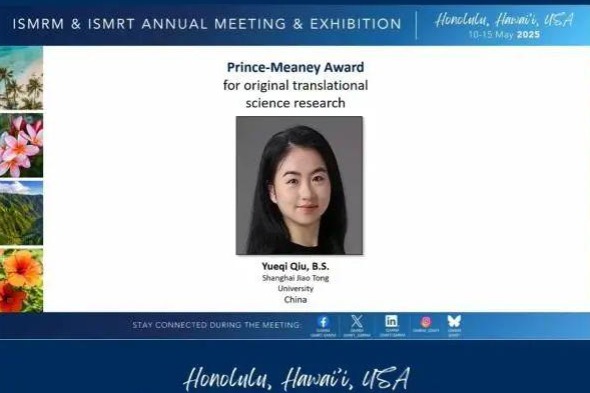Chinese team synthesizes novel isotope

A research team led by Chinese scientists has synthesized a novel, extremely neutron-deficient isotope, protactinium-210, for the first time, laying the foundation for new element synthesis experiments.
An atomic nucleus is composed of protons and neutrons. Different numbers of protons and neutrons make up nuclei with different properties and are called nuclides. Nuclides of an element that have the same number of protons but not the same number of neutrons are called isotopes of that element.
The synthesis and study of new nuclides is a frontier research topic in nuclear physics, holding significant importance for exploring the limits of the existence of nuclei and deepening our understanding of the fundamental properties of matter.
In nature, the most stable isotope of protactinium is protactinium-231, comprising 91 protons and 140 neutrons. The recently discovered protactinium-210, with only 119 neutrons, stands as the most neutron-deficient form of protactinium known to date. The fewer neutrons present compared to its stable configuration, the greater the instability of the isotope, said Zhang Mingming, first author of the study and an associate professor at the Institute of Modern Physics, Chinese Academy of Sciences.
"The production probability of the new protactinium isotope is extraordinarily low, necessitating approximately a quadrillion beam bombardments at the target. In addition, its half-life is very short, down to milliseconds," he said.
Despite the challenges, through accelerating calcium-40 beam to bombard a lutetium-175 target, the team managed to identify the protactinium-210 and observe 23 α-decay events, providing strong evidence for its discovery, Zhang noted.
"The experiment was conducted at the China Accelerator Facility for Superheavy Elements, a facility aimed at the synthesis of new superheavy elements," he said.
Due to the even lower production likelihood of new elements, their discovery is expected to be even 100 times harder than this experiment. However, the synthesis has validated the facility's capability for the study of heavy and superheavy nuclei, laying the foundation for new element synthesis experiments, he added.




































